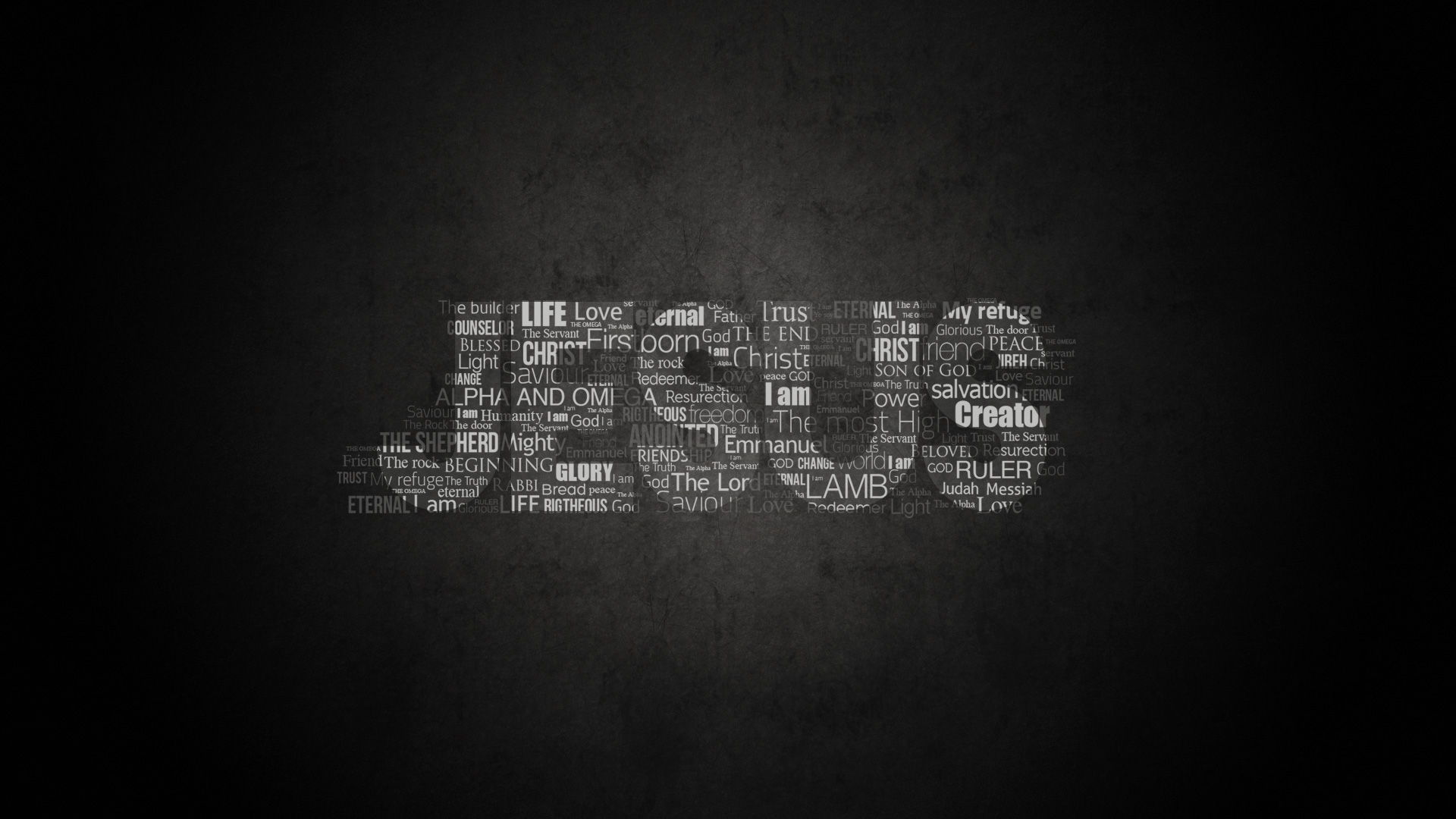Hopelessness is all around us. We can’t get away from it. We see it in our families, we recognize it in our friends, and we discern it in ourselves. It’s a fixture in this life. Researchers have explored the far-reaching Impact of hopelessness on human flourishing and well-being. They have found that hopelessness is a force, a devastating power to be respected. Drill down into many of our problems and you will find hopelessness. Many studies have done the drilling and have established hopelessness as the driving force in depression, suicidal ideation, suicide, distorted thinking, physical illness, lack of self-confidence and anxiety.
From a biblical perspective, hope is essential to our existence. Paul discusses hope in Ephesians 2:11-12. “Therefore, remember that at one time you Gentiles in the flesh, called ‘the uncircumcision’ by what is called ‘the circumcision,’ which is made in the flesh by hands—remember that you were at that time separated from Christ, alienated from the commonwealth of Israel and strangers to the covenants of promise, having no hope and without God in the world.”
This is a clear biblical description of hopelessness. Paul reminds the Gentile Christians at Ephesus of their origins. He is calling them to remember where they come from. As he does, he defines hopelessness as the absence of four critical things: God’s Son, God’s people, God’s promises, and God himself.







